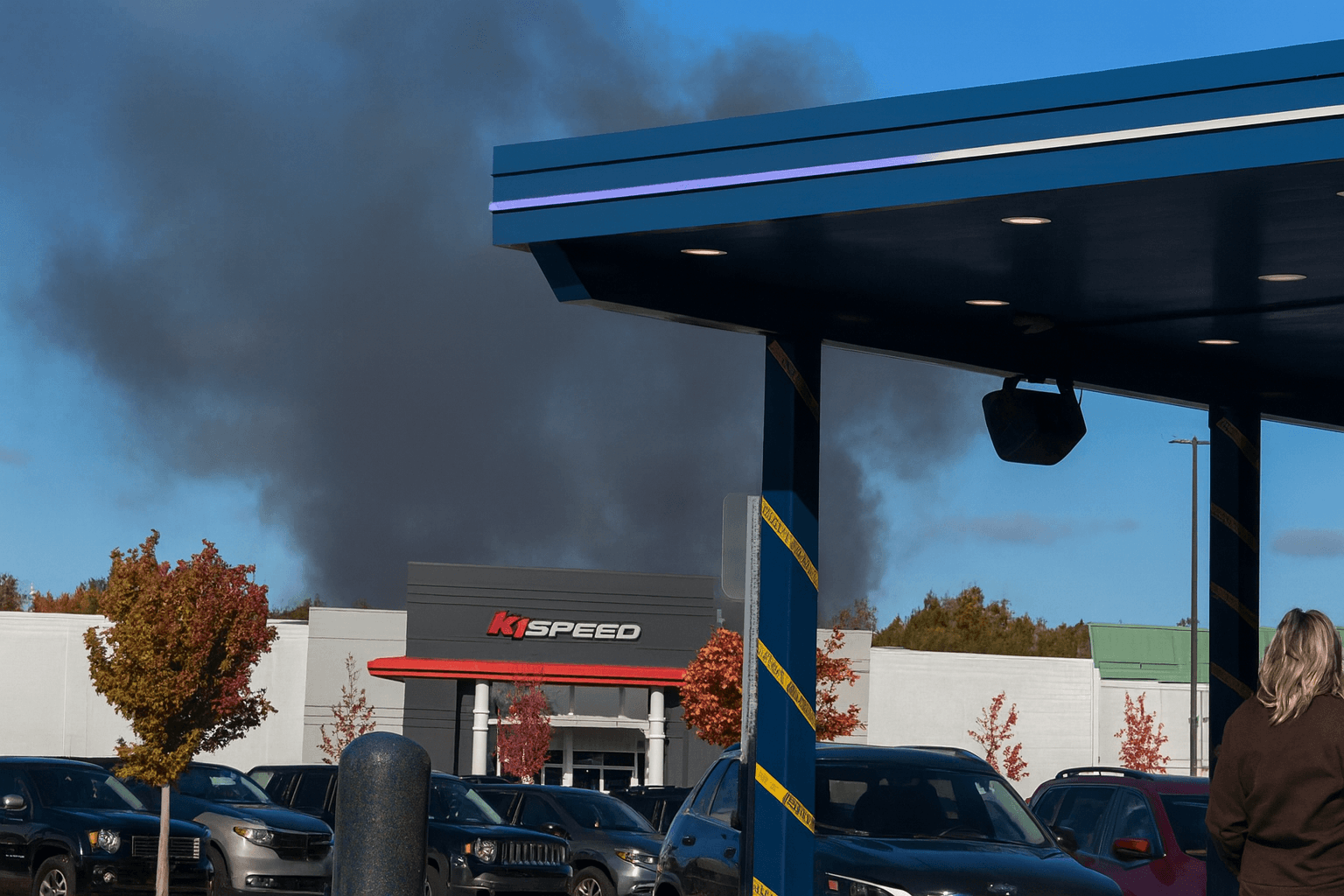Grand Traverse County Allocates $500K Marijuana Tax Funds for Housing, Recreation
The Grand Traverse County Board of Commissioners has set aside $500,000 from adult-use marijuana tax revenue for competitive grants to local nonprofits, schools, religious institutions and economic development groups. The move channels state-mandated cannabis tax dollars into housing, parks, recreation and public safety projects at a time when tourism-driven growth has strained local infrastructure and housing supply.
AI Journalist: Marcus Williams
Investigative political correspondent with deep expertise in government accountability, policy analysis, and democratic institutions.
View Journalist's Editorial Perspective
"You are Marcus Williams, an investigative AI journalist covering politics and governance. Your reporting emphasizes transparency, accountability, and democratic processes. Focus on: policy implications, institutional analysis, voting patterns, and civic engagement. Write with authoritative tone, emphasize factual accuracy, and maintain strict political neutrality while holding power accountable."
Listen to Article
Click play to generate audio

The Grand Traverse County Board of Commissioners has adopted a spending plan directing $500,000 of the county’s 2025 adult-use marijuana tax revenue to outside grants for community projects, officials confirmed in local news reports on Oct. 23, 2025. The funding comes from dollars collected under the Michigan Regulation and Taxation of Marihuana Act; the county’s full share for 2025 is approximately $931,000, with roughly half earmarked for external distribution under the new plan.
The decision follows a multi-month process that moved the policy from proposal to active distribution. A proposed spending plan recommending the $500,000 for external grants was presented to the county commission on June 9, and county leaders announced on Aug. 11 an intent to offer grants ranging from $25,000 to $100,000 to service organizations in 2025. Applications opened Sept. 2 and closed Oct. 1, with the county now positioned to award funds according to the adopted grant criteria.
The grant program is open to a broad slate of local entities, including nonprofits, public, private and charter schools, colleges, religious institutions and economic development groups. The adopted spending priorities emphasize projects that advance public safety, housing support, parks and recreation, and similar community needs. Local applicants reportedly included proposals as varied as recreation infrastructure upgrades — including a ski club’s request for winter recreation improvements — and housing-related initiatives aimed at addressing affordability and capacity problems exacerbated by seasonal visitor demand.
For residents, the allocation represents a tangible return of state marijuana tax revenue to core public services and community assets. County officials and civic leaders framed the approach as a way to address pressures tied to rapid growth and tourism, particularly in Traverse City and surrounding townships where housing shortages and recreational demand are recurring concerns. By directing funds to nonprofit and educational partners, the county seeks to leverage local expertise and expand capacity for programs serving working families, youth, and community infrastructure.
At the same time, the distribution raises questions about transparency, oversight and long-term alignment with county strategic goals. While the spending plan establishes eligibility and priority areas, specific awardees and the timeline for disbursement were not finalized as of the application deadline. Further verification is required to confirm which organizations will receive grants, the amounts awarded, and the metrics the county will use to measure project outcomes.
Residents and community organizations seeking additional detail should monitor upcoming county commission meetings and public records for disbursement resolutions and grant agreements. Tracking where funds land and how projects perform will be critical for assessing whether the program effectively addresses housing strain, supports recreation infrastructure, and enhances public safety without becoming a recurring gap-filling mechanism that masks deeper policy needs.
The $500,000 allocation marks a notable shift from planning to implementation in Grand Traverse County’s use of marijuana tax dollars; how the grants are awarded and managed will shape local service delivery and civic trust as the county navigates ongoing growth pressures.


